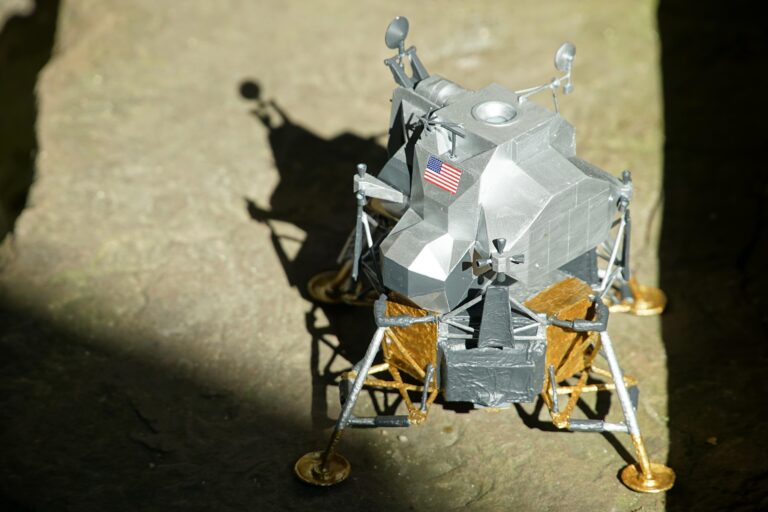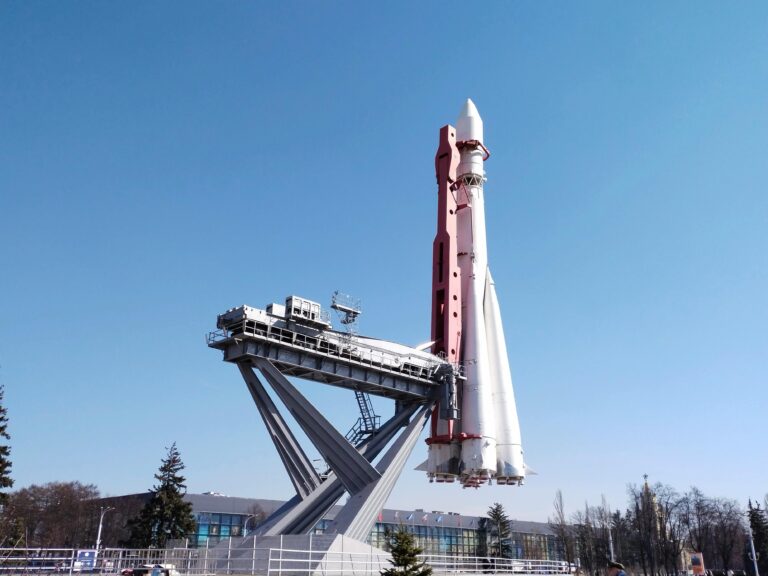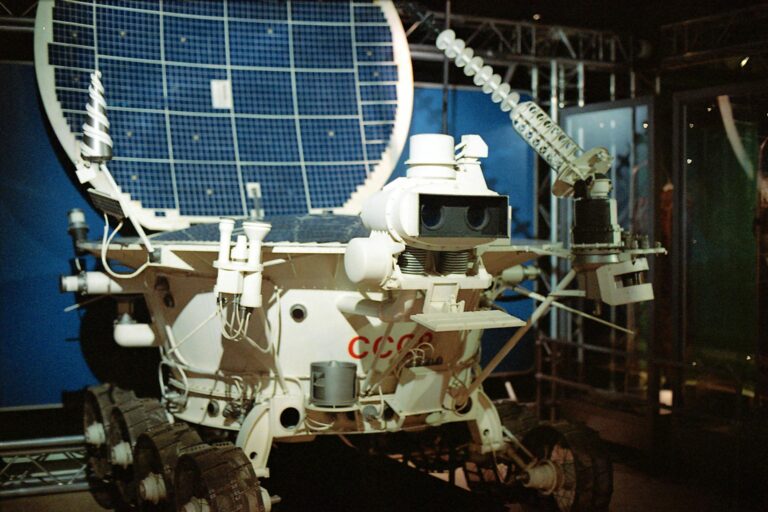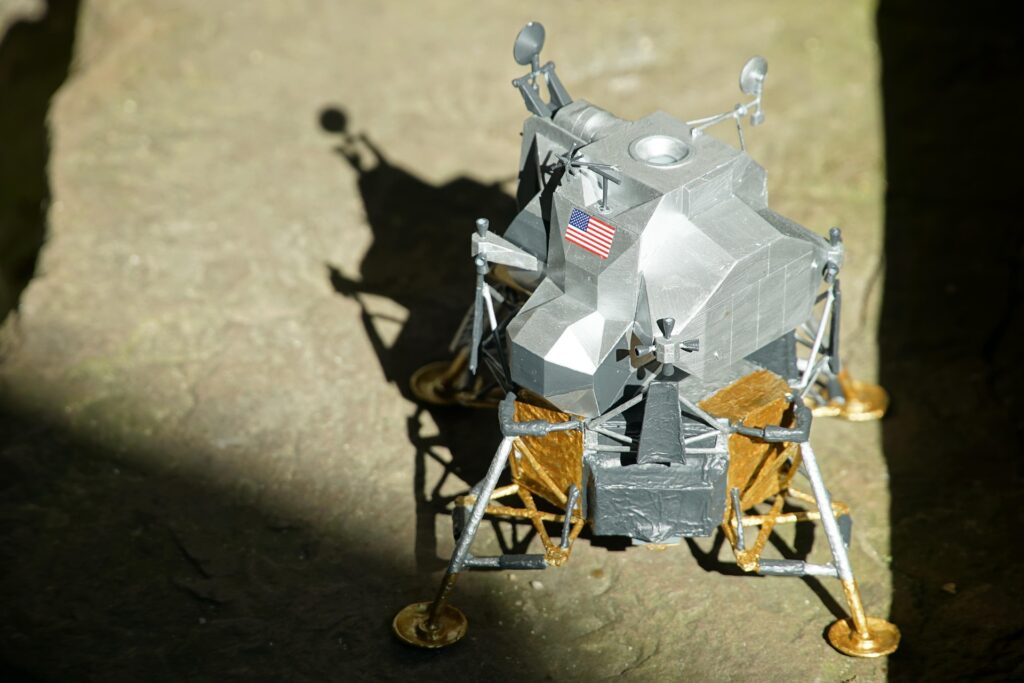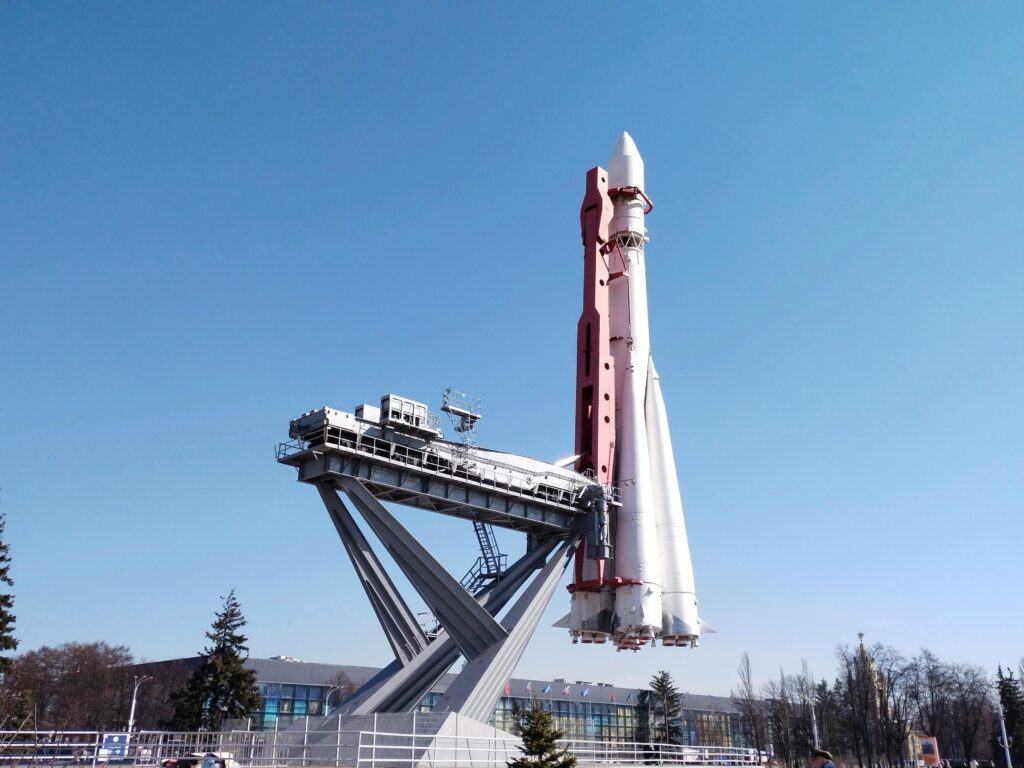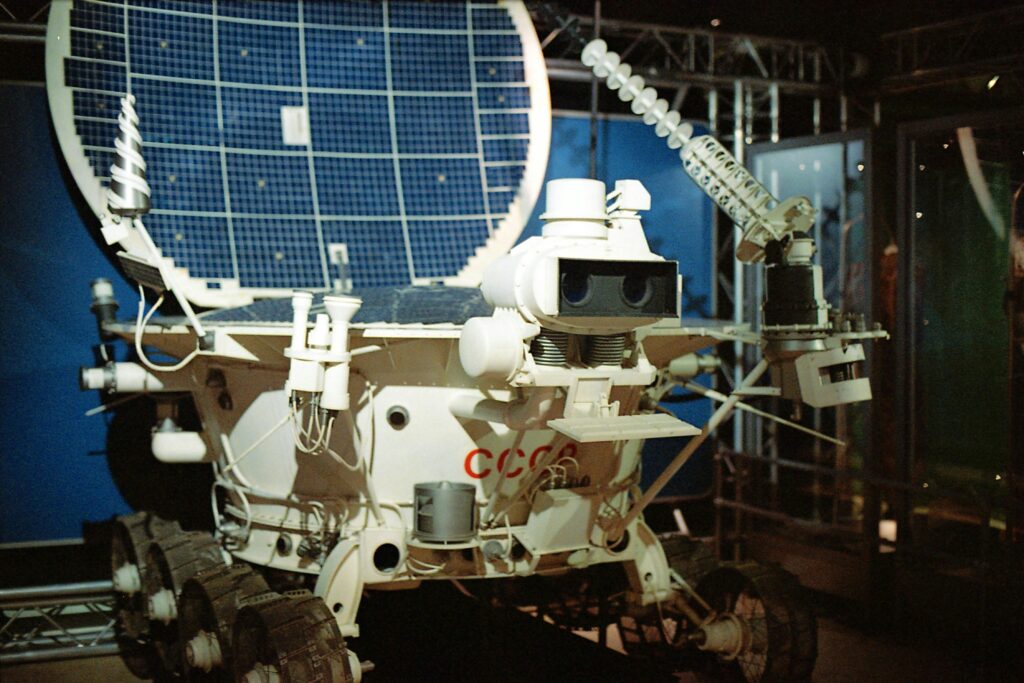Engineers at Southwest Research Institute (SwRI) have dramatically boosted the performance of their hydrogen-fueled internal combustion engine, increasing power to 440 horsepower and torque to 1,760 lb-ft—figures that are now fully competitive with modern long-haul diesel trucks. This breakthrough, achieved with a custom-designed turbocharger, delivers diesel-like performance while maintaining near-zero carbon dioxide tailpipe emissions.
The race to decarbonize heavy trucking has a powerful new contender. Researchers at the Southwest Research Institute (SwRI) have successfully upgraded their hydrogen-powered engine, proving that zero-carbon transportation can match the muscle demanded by the long-haul industry.
The institute first made headlines in 2023 by converting a standard natural gas engine to run purely on hydrogen and installing it in a Class-8 truck. Now, a critical upgrade has supercharged its capabilities.
The key to this leap in performance is a state-of-the-art, mechanically driven turbocharger. Hydrogen engines often struggle with airflow during rapid acceleration, leading to pre-ignition and elevated nitrogen oxide (NOx) emissions.
To solve this, SwRI collaborated with a commercial supplier to engineer a custom turbocharger whose shaft is directly linked to the engine’s crankshaft. This design provides instant boost on demand, ensuring clean and efficient combustion.
The results are transformative. The upgraded H2-ICE now produces a peak torque of 1,760-foot pounds (lb-ft), a significant jump from the previous 1,494 lb-ft. Its peak power has also surged to 440 horsepower (hp) from 370 hp. These numbers place it squarely within the performance range of today’s fuel-efficient diesel engines, which typically produce between 1,450 to 1,850 lb-ft of torque and 400-500 hp, stated SwRI.
“Upgrading this driven turbocharger gave us the airflow needed to continue improving the engine’s performance,” said Chris Bitsis, assistant director of SwRI’s Powertrain Systems Engineering Department. “For instance, in addition to the torque and horsepower gains, the engine’s peak efficiency has also improved to 44.0%, which is class-leading for a spark-ignited engine.”
WATCH ALSO: https://www.modernmechanics24.com/post/us-supersonic-jet-cuts-flight-time-silences-sonic-boom
This thermal efficiency figure is critical, as it means the engine converts a very high percentage of the hydrogen fuel’s energy into useful work, making it not only clean but also cost-effective to operate. The combination of diesel-comparable power and near-zero carbon emissions presents a compelling case for the trucking industry.
The development is part of SwRI’s Hydrogen Internal Combustion Engine (H2-ICE) consortium, a collaborative effort to fast-track this technology. The institute emphasizes that this is not a distant future concept but a viable solution that can leverage existing manufacturing infrastructure.
“I am proud of our team at SwRI for demonstrating that there is a high efficiency, zero-emission transportation solution available to help reduce CO2 and criteria pollutants,” said Daniel Stewart, Vice President of SwRI’s Powertrain Engineering Division. “The U.S. has the engine factories and supply chains necessary to put this technology into production today.”
READ ALSO: https://www.modernmechanics24.com/post/startup-terahertz-sensors-self-driving-safety
This milestone signals that hydrogen internal combustion engines are rapidly maturing into a practical, zero-carbon alternative for one of transportation’s hardest-to-electrify sectors, offering a clear path to decarbonizing long-haul trucking with familiar engineering.
